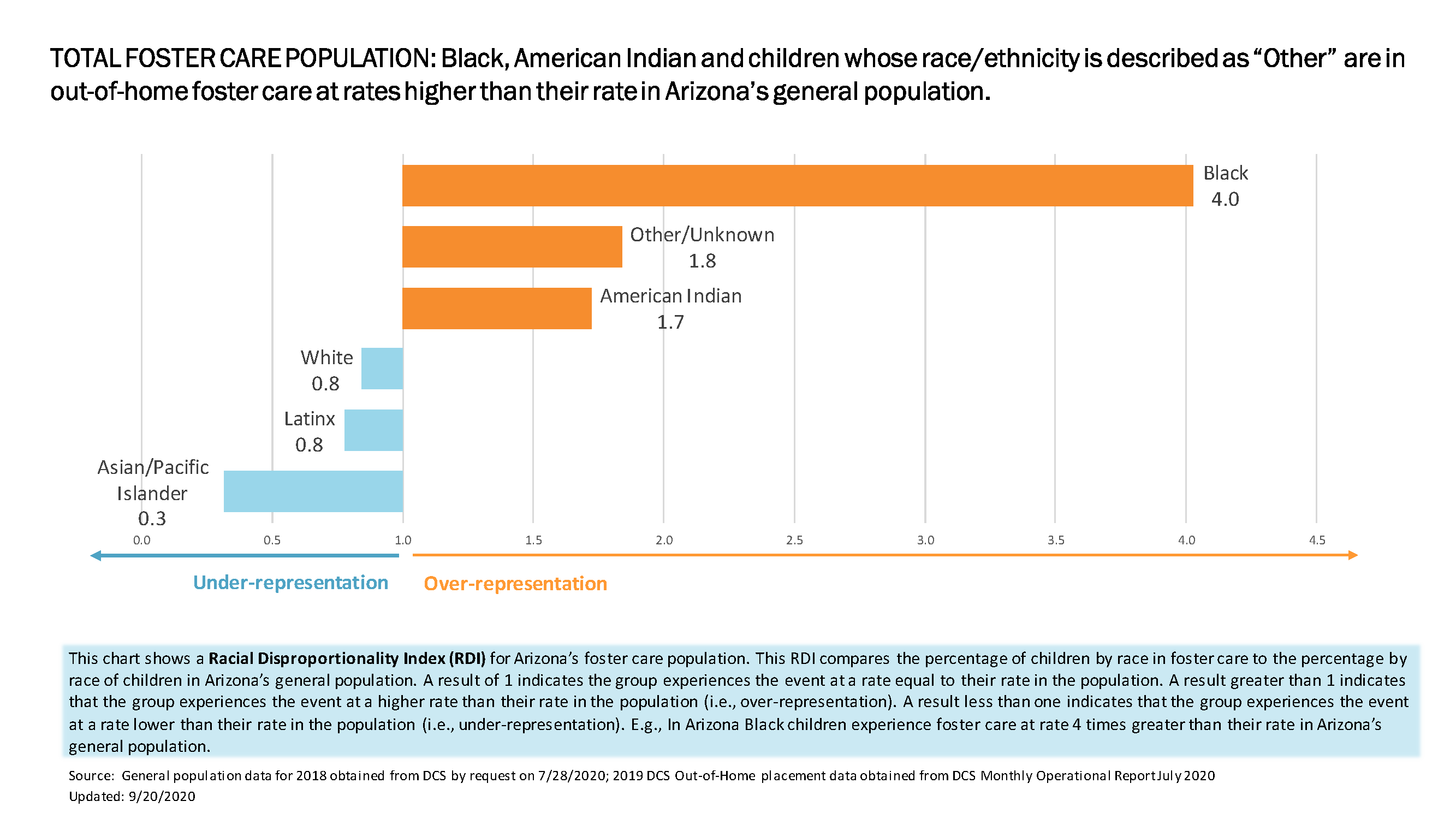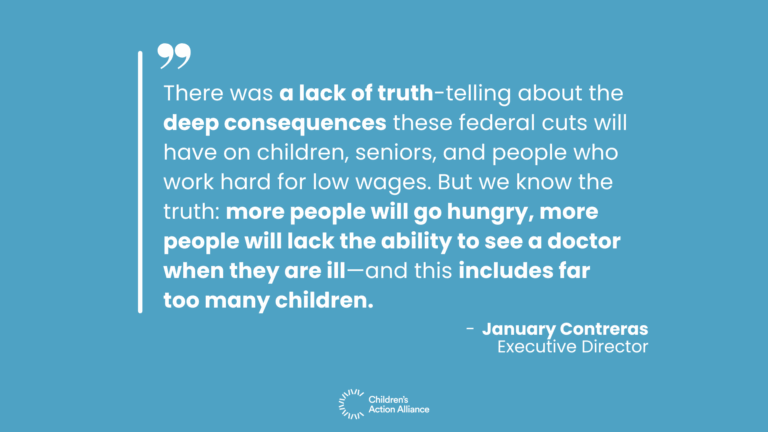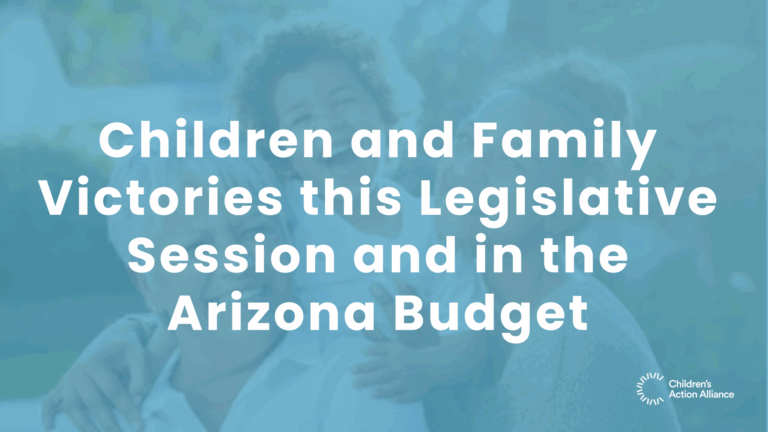
The time is now for Arizona to reimagine an equitable child welfare system that supports children within their families and communities
The disproportionate impact of COVID-19 and the current manifestations of the nation’s troubled history of systemic racism has sparked outcries to not just reform, but to reimagine the criminal justice, health care, and education systems. Those same calls are also being heard in the child welfare community. These efforts center around supporting children within their families and communities to prevent child maltreatment as well as the compounding trauma and negative outcomes that stem from family separation when a child enters foster care.
The child welfare system across the United States, and here in Arizona, disproportionately impacts families and communities of color. CAA’s refreshed Measures of Child Safety Report includes new data documenting this disproportionality. Black and American Indian children in Arizona are disproportionately likely to be reported to the Department of Child Safety (DCS) hotline and to be removed from their homes and placed in foster care. While four percent of children in Arizona are Black, 16 percent of children in the state’s foster care system are Black. In other words, Black children are in foster care at a rate four times greater than their representation in the general population. Once in foster care, Black children are less likely to be placed with kin and more likely to be placed in congregate care settings such as group homes. American Indian children are under-represented in both exits from care to reunification and adoption.

While documenting and understanding the scope and extent of racial disparity in the child welfare system is an important and necessary step in beginning to address the problem, it is not new information to system-actors and it is certainly not news to children, families, and communities of color. Nor are the calls to address racial disparity in the child welfare system. What is new is the large chorus now calling for the transformation of the child welfare system. Earlier this month, the U.S. Children’s Bureau, Casey Family Programs, the Annie E. Casey Foundation and Prevent Child Abuse America® announced Thriving Families, Safer Children a first of its kind effort to fundamentally rethink child welfare -transforming it from a reactive child protection system to one designed to support child and family well-being and prevent child maltreatment and the unnecessary separation of families. The time is now for Arizona to join these efforts, rethink its approach to child protection, and reimagine an equitable child welfare system that supports children within their families and communities.



